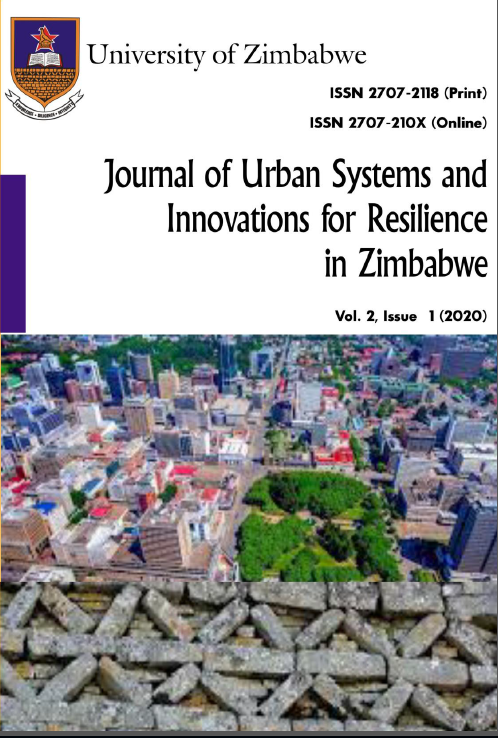Smart Agriculture as a Way of Tackling the Dual Challenge of Urban Water Pollution and Food Deficiency in Zimbabwe: An IoT Approach
Keywords:
sustainability, hydroponics, smart agriculture, humidity, wi-fi moduleAbstract
Daily activities such as washing cars now present ethical dilemmas when considering their impact on the environment and natural resources. The use of high-end technology has made farming more productive and possible in areas not originally designed for agricultural activities. Facing the need to implement water conservation, given the context of high volumes of cars on Zimbabwe’s roads and the mushrooming of unregulated car-washes that generate high amounts of waste water (causing water pollution), a specialised urban agriculture solution in the form of a hydroponics is proposed in this article to be adopted as a dual solution to water pollution and food shortages. Through a detailed analysis of car wash effluent water pollution, methods of washing options; a hydroponics system is specified that pays special attention to parameters crucial for plant growth through the use of sensors connected to a controller embedded with a wi-fi module. Crops were observed to have a higher growth rate and were generally healthier. The water and nutrient usage were observed to be less as compared to soil-based farming. The proposed system guarantees saving of natural resources and acts as a dual solution to water pollution and food deficiency.




